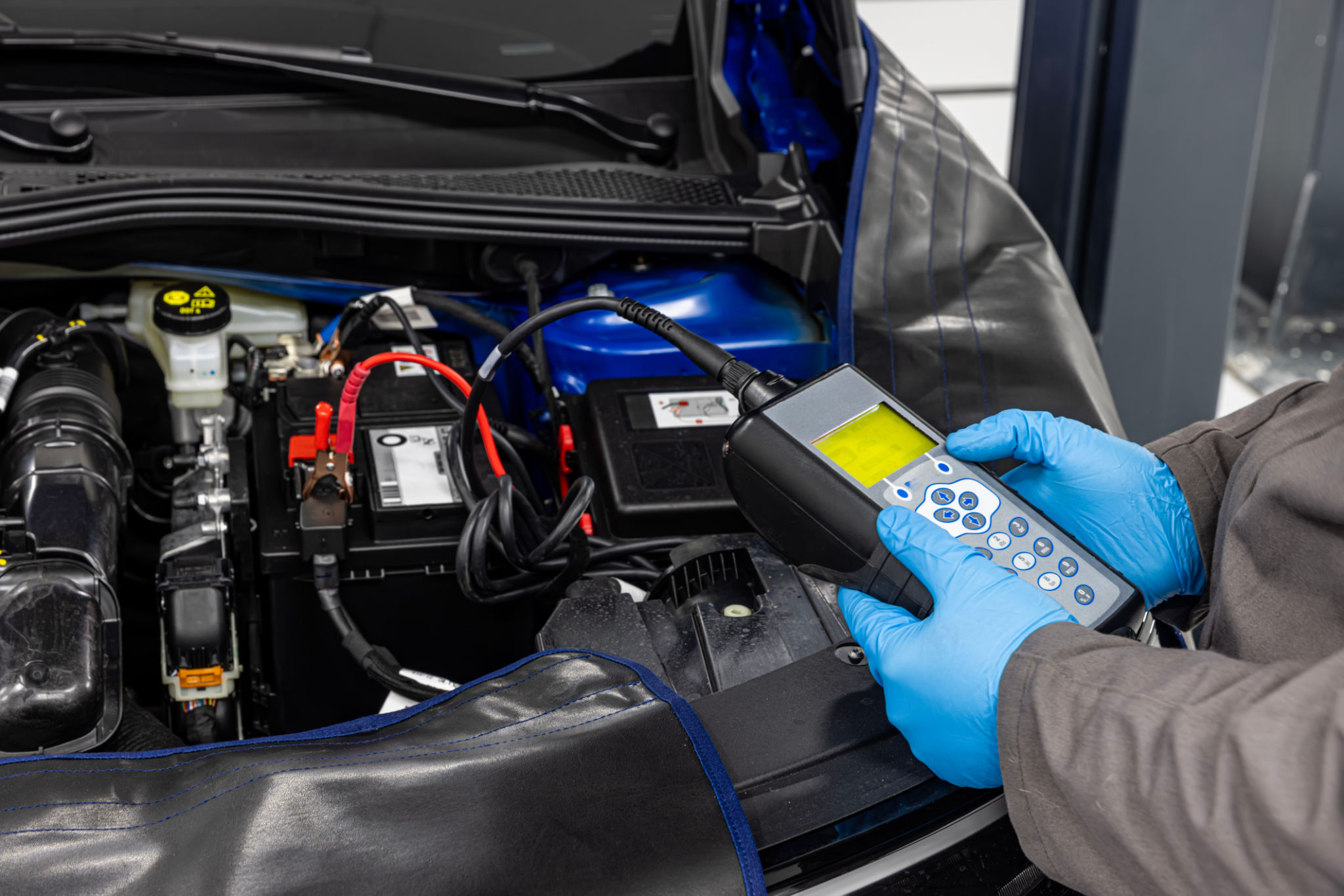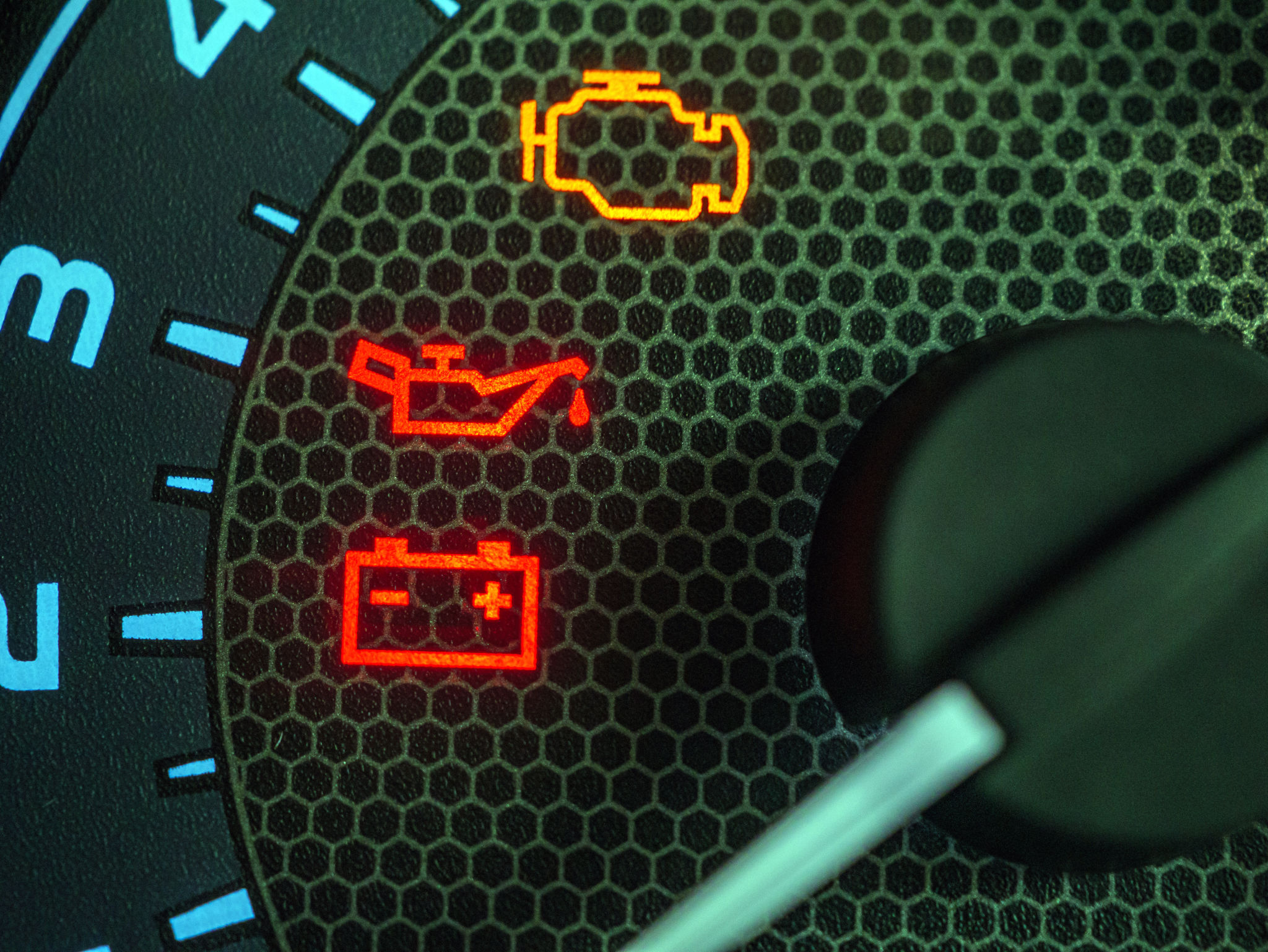Battery Care 101: Expert Advice on Extending Your Car Battery's Life
Understanding Your Car Battery
Car batteries are essential components that power everything from starting the engine to operating electronic devices in your vehicle. Yet, many drivers overlook the importance of proper battery maintenance. Understanding how your battery works and the factors that can affect its lifespan is the first step in ensuring it remains in good condition for as long as possible.

Regular Inspection and Cleaning
One of the simplest ways to extend your car battery's life is through regular inspection and cleaning. Corrosion build-up on battery terminals can impede performance, so it's crucial to keep them clean. Use a mixture of baking soda and water to gently scrub away corrosion, and ensure that all connections are tight and secure.
Additionally, check for any signs of damage or leakage. If the battery case appears swollen or cracked, it's a sign that a replacement may be necessary. Catching these issues early can save you from unexpected breakdowns and costly repairs.
Driving Habits That Affect Battery Life
Your driving habits can significantly impact the longevity of your car battery. Short trips with frequent stops can prevent the battery from fully charging, leading to a shorter lifespan. Whenever possible, incorporate longer drives into your routine to allow the battery to recharge fully.

Moreover, avoid leaving electronic devices or lights on when the engine is off. These can drain the battery quickly, especially in older models. If you tend to make frequent short trips, consider investing in a battery charger to maintain optimal charge levels.
Temperature Effects on Battery Performance
Extreme temperatures can have a detrimental effect on car batteries. In cold weather, batteries require more power to start the engine, while hot weather can accelerate fluid evaporation and cause internal damage.
During winter months, ensure that your battery is fully charged and consider using an insulated battery blanket to retain heat. In summer, park your car in shaded or cooler areas whenever possible to prevent overheating.

Maintaining Proper Fluid Levels
For batteries that require maintenance, it's essential to check fluid levels regularly. Low fluid levels can expose lead plates to air, which can reduce battery efficiency and lifespan. Top up with distilled water when necessary, but be careful not to overfill, as this can cause leaks.
If you're unsure about how to check or refill fluid levels, consult your vehicle's manual or seek professional assistance from a mechanic.
Signs Your Battery Needs Attention
Recognizing early signs of battery trouble can help you take action before it fails completely. Look out for slow engine cranks, dim headlights, or warning lights on your dashboard. These could indicate that your battery is struggling and may need servicing or replacement.

If your battery is older than three years, it might be wise to have it tested regularly at your local auto shop to assess its health and performance.
Conclusion
Proper care and maintenance of your car battery are essential for ensuring reliability and extending its lifespan. By following these expert tips—regular inspections, mindful driving habits, temperature management, and checking fluid levels—you can avoid unexpected issues and keep your vehicle running smoothly for longer.
Remember, a well-maintained battery not only saves you money but also offers peace of mind on the road. Take the time to care for your car's battery today!